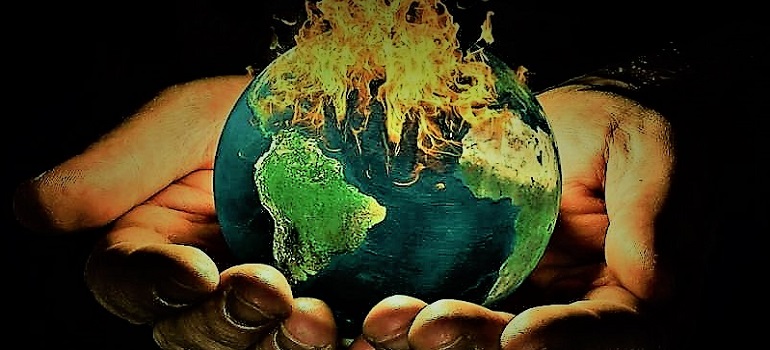Resilience AI’s targeted heat risk solutions go beyond warnings to empower communities and developers
As India grapples with a brutal heatwave, a pioneering tech startup, Resilience AI, is leveraging artificial intelligence (AI) to create heat risk solutions.
Resilience AI’s focus goes beyond just monitoring outdoor temperatures. The company emphasizes the often-underestimated danger of indoor heat, which can be even more hazardous. Their AI-powered ResSolv heat risk model uses a multi-pronged approach, including building footprint detection, multi-hazard risk scoring, and heat hotspot mapping.
This targeted strategy empowers stakeholders with crucial data to identify the most vulnerable households. Resilience AI then complements this data with community outreach programs to raise awareness of the dangers of heatstroke and promote preventative measures.
“Our solutions must be as unique as the challenges we face today,” said Samhita R, Co-Founder at Resilience AI. “By harnessing the power of AI, we can effectively adapt to rising heat risks and build resilience for our communities, ultimately reducing the high costs of inaction.”
The company goes beyond just identifying at-risk areas. They also work with communities to implement long-term solutions to mitigate heat, such as solar thermal roofs made from recycled materials, street lighting built with locally sourced materials, and revitalized safe drinking water stations.
For developers and urban planners, Resilience AI offers the AI ClimatePowered Risk Assessment tool. This innovative program provides insights into heat risk for both new construction (greenfield) and existing developments (brownfield). This allows for the creation of heat-resilient infrastructure from the ground up, while also enabling proactive planning through the use of automated early warning systems.
Resilience AI’s approach highlights the potential of AI in tackling the very real challenges posed by climate change. Their heat risk solutions offer a compelling example of how technology can be used to build a more resilient future.


